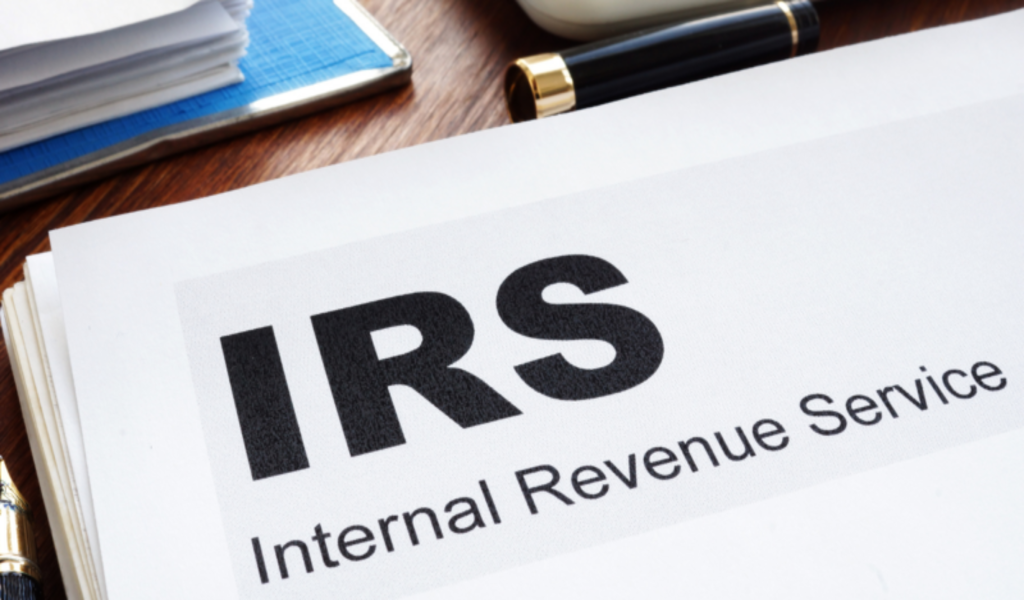Legal
A Complete Guide to IRS Form 2159: Setting Up an Installment Agreement

Dealing with tax liabilities can be daunting, especially if you owe a significant amount to the Internal Revenue Service (IRS). Fortunately, the IRS offers taxpayers a way to manage their tax debts through installment agreements.
IRS Form 2159 is a crucial document that facilitates setting up such agreements, providing taxpayers with a structured payment plan. In this guide, we will delve into the ins and outs of IRS Form 2159, helping you navigate the process and find a feasible solution for your tax debt.
What is IRS Form 2159?
IRS Form 2159, commonly referred to as the Payroll Deduction Agreement is a vital tool for taxpayers. This document grants individuals permission to establish an installment agreement with the IRS, allowing them to make regular monthly payments toward their federal tax debt straight from their paychecks. This approach to payment is an intelligent and practical way to manage tax debt if other methods of payment are not feasible.
It is critical to comprehend the specifics of this arrangement and the benefits it can provide, as it could make a huge difference when it comes to resolving tax debt. Companies like Ideal Tax say that by making a payroll deduction agreement, taxpayers can take control of their finances and work toward freedom from tax debt.
When to Use IRS Form 2159?
If you’re struggling with paying your tax liability in full, it’s important to know that there are options available to you. One of those options is using IRS Form 2159 to set up an installment agreement. This form allows you to develop a structured payment plan that stretches out your debt over time.
It’s an excellent choice if you have the means to make regular monthly payments, but cannot pay the entirety of your taxes immediately. This process allows you to avoid any harsh penalties or potential legal consequences while still demonstrating a willingness to pay your debt back in full. If you’re struggling to figure out how to pay your taxes, utilizing an installment agreement with IRS Form 2159 could be the solution you need to get back on track.
How to Obtain IRS Form 2159?
IRS Form 2159 can be easily accessed from the official IRS website (www.irs.gov) or by visiting your local IRS office. The form comes with detailed instructions, making it relatively simple to understand and fill out.
Tips for Successful Installment Agreements with the IRS
- Honesty is Key: Provide accurate and truthful information in your application.
- Timely Payments: Ensure you make your monthly payments on time to avoid defaulting on the agreement.
- Open Communication: If you face challenges, don’t hesitate to contact the IRS to discuss potential solutions.
- Financial Evaluation: Regularly review your financial situation to ensure the installment agreement remains manageable.
- Early Repayment: If possible, try to pay off your debt before the agreement’s scheduled end date to save on interest charges.
Pros and Cons of IRS Installment Agreements
Pros:
- Provides a structured approach to pay off tax debt over time.
- Avoids more aggressive collection actions from the IRS.
- Allows you to keep your assets and avoid levies or liens.
Cons:
- Accrues interest and penalties until the debt is fully paid.
- Requires strict adherence to the agreed-upon payment schedule.
- May result in a longer repayment period.
Understanding IRS Penalties and Interest Charges
The IRS imposes penalties and interest on unpaid taxes, making it essential to address tax debts promptly. Penalties may include failure-to-file and failure-to-pay penalties, while interest rates are determined quarterly.
Alternatives to IRS Installment Agreements
If an IRS installment agreement doesn’t suit your circumstances, consider alternative options, such as an Offer in Compromise (OIC), where you settle your debt for less than the full amount owed or a temporary delay of payment through the Currently Not Collectible (CNC) status.
How to Check the Status of Your Installment Agreement?
If you’re currently on an installment agreement with the IRS, it’s important to regularly check the status of your payments to ensure that your account remains in good standing. The good news is that it’s a relatively straightforward process. Simply log in to the IRS website and navigate to the “View Your Account” feature.
From there, you’ll be able to see detailed information about your installment agreement, including any outstanding balances and payment due dates. If for any reason you’re having difficulty keeping up with your payments, it’s important to reach out to the IRS as soon as possible to discuss your options. By keeping tabs on your agreement status and staying in communication with the IRS, you can avoid any potential issues down the road.
Conclusion
IRS Form 2159 offers a lifeline to taxpayers burdened with tax debts, providing a reasonable path to settling their obligations. By accurately completing the form and adhering to the agreed-upon terms, taxpayers can establish a structured installment agreement that alleviates financial stress. Remember, open communication with the IRS and timely payments are crucial for successful arrangements
SEE ALSO: Minnesota Joins the Ranks: Recreational Marijuana Legalized For Adults 21 And Older



























